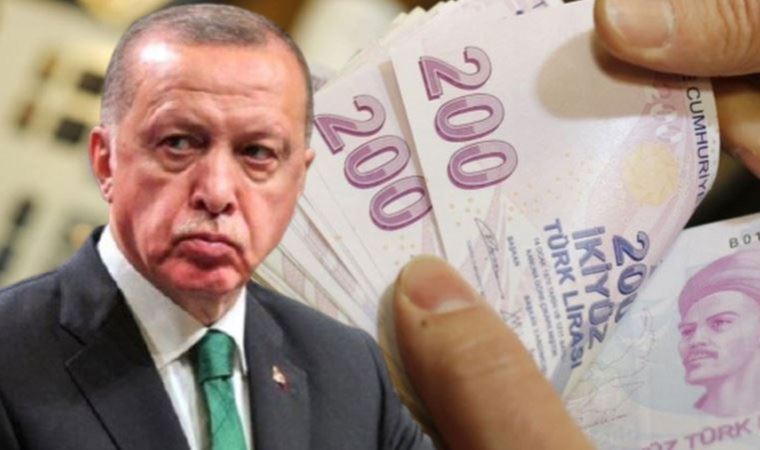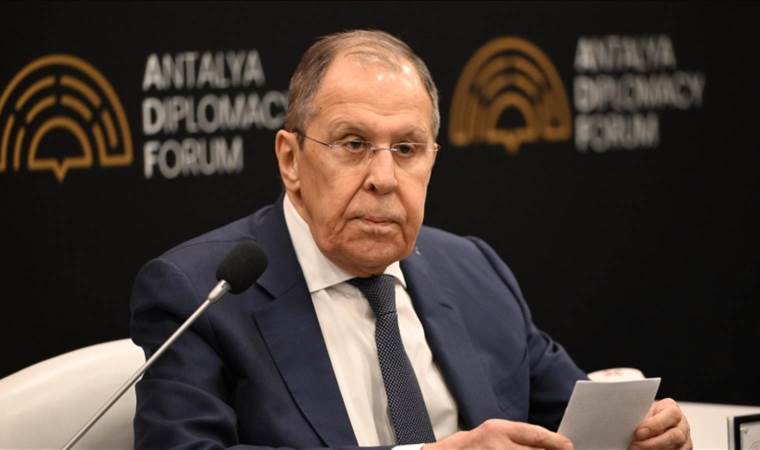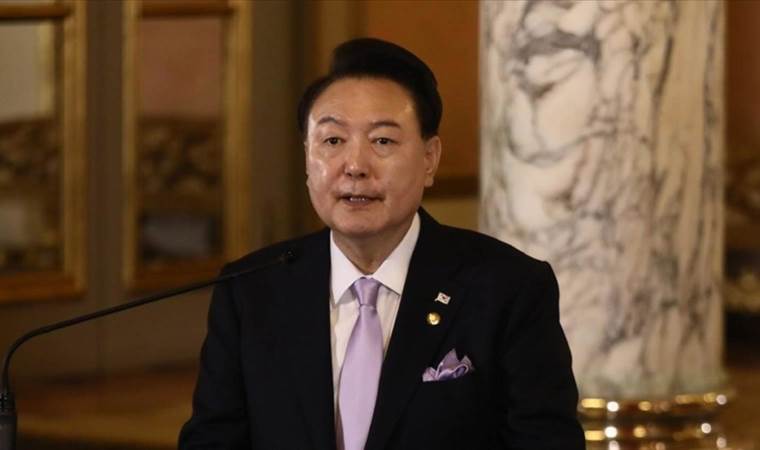Turkey launched rescue plan when lira crossed a red line - sources
Turkey's Treasury was working last week on an ambitious but risky plan to reverse a crash in the currency that would only be launched if it crossed the "absurd" threshold of 18 to the dollar, according to four people with knowledge of discussions.

The team of Treasury bureaucrats decided that lira depreciation beyond that level would damage the economy in ways that are "hard to repair", one senior Turkish official told Reuters, so they needed a scheme to avoid that if needed.
Two other officials said the idea - to provide a government guarantee against FX losses on lira deposits - was also floated in the midst of the last currency crisis in 2018, but it was shelved at the time due to risks.
By Monday, President Tayyip Erdogan's government pulled the trigger on the latest plan - just hours after the lira spiralled beyond 18 for the first time to a record low of 18.4 versus the U.S. currency.
The plan has worked, at least for now.
Erdogan's late Monday announcement sparked the currency's biggest daily rally on record, to as far as 12 to the dollar, arresting a historic selloff that the president himself set off by engineering a series of aggressive interest rate cuts.
The Treasury did not immediately respond to a request for comment. The President's office was also not immediately available for comment.
A fourth source with knowledge of the government's plan said the exchange rate - with 18 lira needed to buy a dollar and 20 to buy a euro - had reached "bubble" proportions necessitating an intervention.
"This situation was not sustainable - these were problematic and really absurd levels," the person said. After the relief rally, the person added, "if the dollar can fall to around 9, that will be a good level."
EYES ON NINE
Turkey's currency was worth 12.445 at 1310 GMT on Wednesday, holding early-week gains.
The second source confirmed the government hopes the lira will strengthen to the 9 range but expects it to remain between 12 to 14 to the dollar for a couple months.
This source added that the Treasury team evaluated several options but settled on the deposit scheme that was studied in 2018. At the time, then-Treasury Minister Berat Albayrak - Erdogan's son-in-law - decided against it, the source said.
Erdogan has been pushing ahead with a "new economic model" he says will boost growth, exports and credit - despite the currency crash, soaring inflation of more than 21% and an erosion of Turks' savings and earnings.
Central to Erdogan's promise was an effective tax-free guarantee, backed by the Treasury, that Turks would be made good on the difference between what they earn on their deposits through interest rates and any adverse exchange rate move, encouraging savers to sell dollars and buy lira.
Analysts and bankers said if the lira rally reversed and forced the government and central bank to cover losses, it could further stoke inflation and weigh heavily on the deficit.
"The steps will raise the risk of inflation, but this can be compensated in the coming period," said the third Turkish official, who like the others requested anonymity.
"For the state, this was preferred ... because not acting could have posed much more serious and irreparable risks."
Before making the announcement on Monday, Erdogan chaired a cabinet meeting at which the scheme was detailed.
The fourth source said the cabinet needed to sign off on the work that had been done over the past week "under the leadership of the Treasury, and relevant bureaucrats and the presidency."
Most Read News
-
 Russian foreign minister says no direct indirect contact
Russian foreign minister says no direct indirect contact
-
 Tanzania bars main opposition party from elections for 5
Tanzania bars main opposition party from elections for 5
-
 China sentences former military industry worker to life
China sentences former military industry worker to life
-
 Taiwan says its 1st tariff talks with US went smoothly
Taiwan says its 1st tariff talks with US went smoothly
-
 Trump excludes computers, phones, other electronics from
Trump excludes computers, phones, other electronics from
-
 EU Mediterranean countries call for stronger efforts aga
EU Mediterranean countries call for stronger efforts aga
-
 South Korea's former President Yoon faces criminal trial
South Korea's former President Yoon faces criminal trial
-
 Talks with Iran 'going OK,': Trump
Talks with Iran 'going OK,': Trump
-
 Ukraine says over 30 killed due to Russian missile strik
Ukraine says over 30 killed due to Russian missile strik
-
 Israel destroys Baptist hospital in Gaza, forcing it out
Israel destroys Baptist hospital in Gaza, forcing it out










